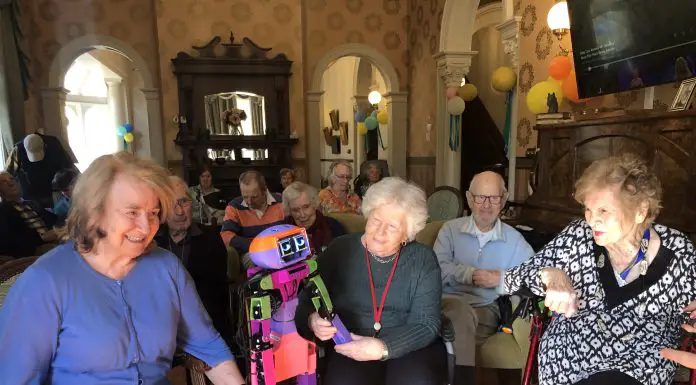Leading Australian dementia care service providers have highlighted concerns about the use of strong medications in dementia care – including the role of prescribing doctors – while also pointing to the benefits of relationship-based care.
Alzheimer’s Australia research has shown that up to 80 per cent of aged care residents with dementia have been prescribed psychotropic medications while the recent INSPIRED study shows that relational dementia care in home-style settings can reduce the use of inappropriate medication by 52 per cent.
HammondCare Chief Executive Dr Stephen Judd said that any focus on this important issue was welcome and should include consideration of the role of doctors, rather than simply pointing the finger at aged care providers.
“Part of this conversation must include the medical profession being willing to be accountable for the prescribing practices of some of its members,” Dr Judd said.
“And that doesn’t start on the day an older person moves into residential care. Our experience is that often individuals come in with their lists of medications which may be inappropriately prescribed.”
Meanwhile, Prof Stephen Macfarlane, Head of Clinical Services for Dementia Support Australia agreed that there was an over-reliance on psychotropic medication, particularly when the marginal benefit of drugs is “dwarfed by the positive outcomes from behavioural, psychological and environmental interventions that can be put in place instead*.”
In regard to the role of doctors in prescribing, he agreed there needed to be a shared approach to improvements.
“Clearly, a doctor is responsible for writing a script. If they think a script is inappropriate in the circumstances, they simply shouldn’t write it. This is the essence of accountability.” Prof Macfarlane said.
“I think a factor that may contribute to inappropriate prescribing is the fear that, if the GP is new to the person and doesn’t know them well, changing medications in this circumstances will somehow destabilise the person.
“As well, I would question the adequacy of the training GP’s receive in treatment options for people with advanced dementia that might equip them to do other than prescribe.
“If a GP feels out of their depth in these circumstances, I suggest they refer to appropriate specialist services such as Dementia Support Australia.”










